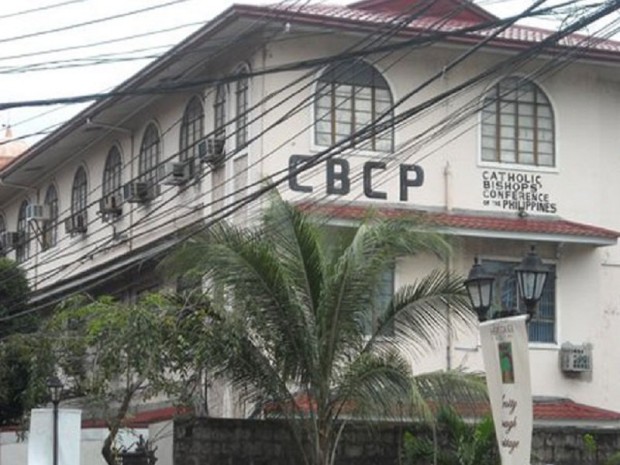CBCP denies backing ban on rosaries on vehicle dashboards
MANILA — The Catholic Bishops Conference of the Philippines has denied giving its approval to the ban on rosaries and small religious figurines on the dashboards of vehicles.
Although Fr. Marvin Mejia, the CBCP secretary general, admitted that they were consulted by the Land Transportation Franchising and Regulatory Board, they did not agree to the proposal during the
discussion.
“There was no talk if we approve of it. Who are we? What was clear was there was a consultation,” he said.
Mejia made the remarks in reaction to the statement of LTFRB spokesperson Aileen Lizada who claimed that she consulted the CBCP on removing rosaries and other religious items from the dashboard of vehicles.
In an article published on GMA News Online, Lizada said the CBCP found the prohibition of rosaries and other religious items from the dashboard and rearview mirror a “non-issue.”
Filipino motorists, especially Catholics, have a habit of hanging rosaries from rearview mirrors or small religious figurines on the dashboard of their vehicles.
These are believed to be protection against accidents on the road, with some motorists touching the religious items as a form of prayer before beginning a journey.
Mejia stressed that they understood that the government just wanted to implement the 2014 joint administrative order of the LTFRB and the Land Transportation Office.
The order states that there should be no objects on the dashboard that may obstruct the line of sight, which would include rosaries traditionally placed by Filipino Catholic motorists on their rearview mirror.
It surfaced recently with the passage of the Republic Act 10913 or the Anti-Distracted Driving Law, which has banned the use of cellphones while driving.
Mejia said they were even assured that religious items would not be totally prohibited and would be allowed if the line of sight was not obstructed.
“We are being assured that there is no total prohibition of religious items as long as these do not impede the line of sight. But the problem is how to determine this,” he said.
The CBCP secretary general personally believed the joint order should be reviewed to address concerns on road safety.
“From their end, they called to consult us because there were some misinterpretations. We just listened and understood them,” he said. SFM
